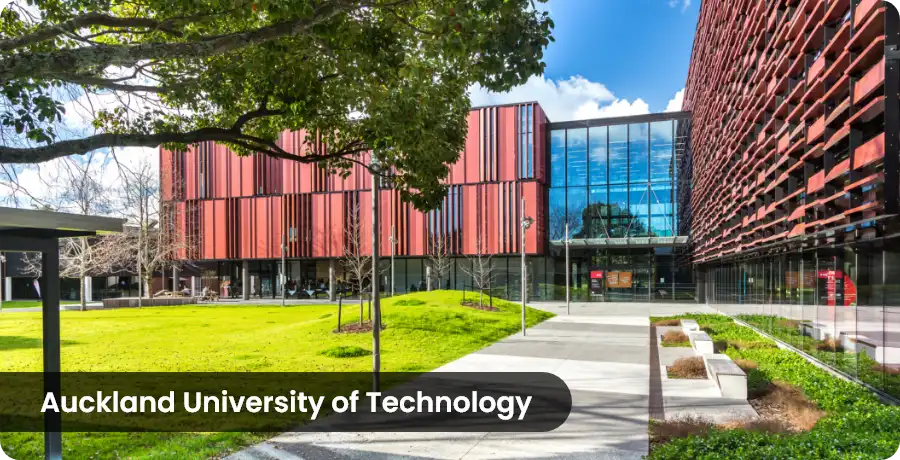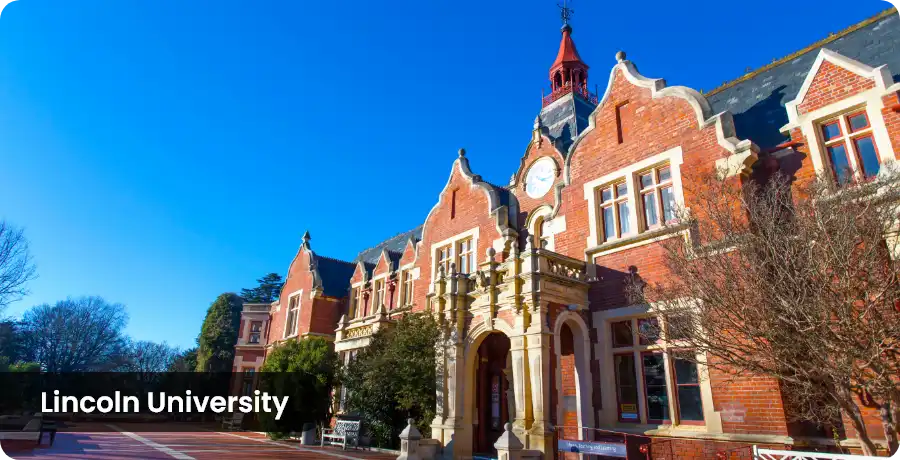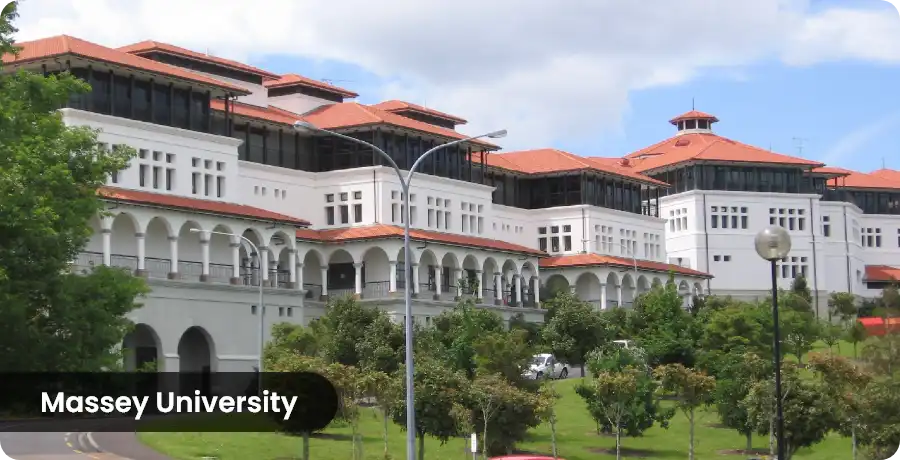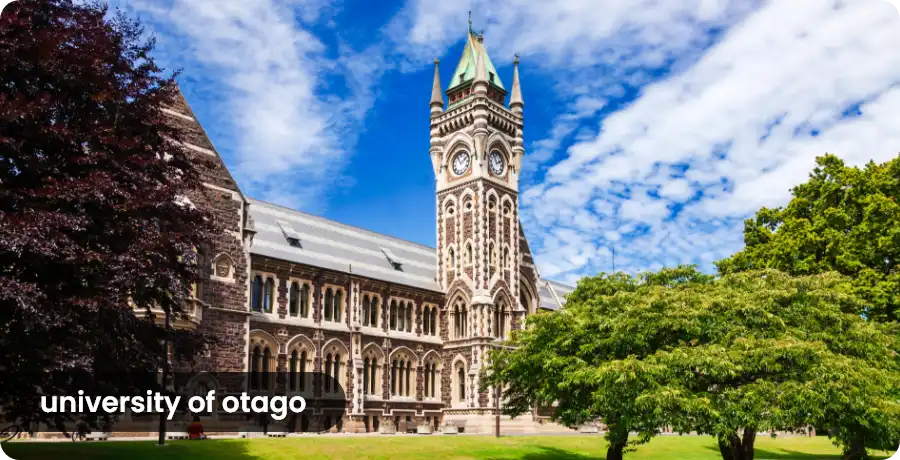New Zealand is an excellent choice for those passionate about a medical career. This blog delves into the compelling aspects of pursuing an MBBS in New Zealand, covering key universities, admission criteria, and the advantages and disadvantages of studying medicine in this picturesque country.
Why Choose MBBS in New Zealand?
New Zealand offers life-changing opportunities for Indian and International students pursuing medicine. The country boasts accredited medical programs in top institutes, providing a rich learning experience through modern teaching techniques and top-notch infrastructure.
The education system emphasizes problem-based learning, ensuring students gain practical exposure and a deeper understanding of their fields.English is the primary teaching language, and entrance exams, except for public universities, are generally not required for MBBS programs. Moreover, there's no mandatory donation fee for admission.
Adding to the appeal, New Zealand offers safe and affordable travel options with extensive accommodation choices for international students.
Admission Process
For Indian students aspiring to study MBBS in New Zealand, certain eligibility criteria need attention:
- Score a minimum of 50% in Physics, Chemistry, and Biology in 12th Standard.
- The age limit ranges from 17 to 25 years for Indian and International students applying to New Zealand universities.
- Qualify for the NEET exam.
- Mandatory completion of 10+2 with PCB as a compulsory subject.
- Proficiency in English at the high school level.
Important Documents for Application to Study MBBS in New Zealand
To apply for MBBS in New Zealand, ensure you have the following documents:
- Filled application form with accurate details.
- Original and photocopy of passport.
- Passport-size photograph.
- Birth certificates and essential certificates for verification.
- Transfer certificate from the previous school.
- NEET scorecard.
- Mark sheets of 10th and 12th Standard.
- Leaving certificate from school.
- Bank details for supporting study funding.
- Report of a medical check-up.
- Statement of Purpose.
- Letter of Recommendation.
Top Universities to Study MBBS in New Zealand
Explore the following top universities offering MBBS programs in New Zealand:
University of Auckland
Faculty of Medicine - Known for a considerable number of students in UG, PG, and specialist study programs. Offers courses in English and Norwegian.
University of Otago
Dunedin School of Medicine - Renowned for its medical programs and research opportunities.
University of Canterbury
Offers a comprehensive medical program with a focus on practical skills.
University of Waikato
Known for its supportive learning environment and commitment to medical education.
MBBS Fees in New Zealand 2023 – 2024
New Zealand is an affordable destination for international students. Public universities often don't charge tuition fees, with students only paying a nominal Student Union Fee, ranging from 30 to 60 EUR per semester.
Private universities may have varying fee structures:
- Bachelor's programs: 6 to 8 lakhs yearly (7,000-9,000 EUR).
- Master's programs: 8 to 16 lakhs annually (9,000-19,000 EUR).
Advantages and Disadvantages of Studying MBBS in New Zealand
Advantages
- Diverse learning environment.
- Easy-going admission procedure.
- No entrance exams for most universities.
- Hostel facilities providing Indian food.
- Affordable lifestyle.
Disadvantages
- Students need to pay a student's union fee.
- Private universities may have high fees.
- The local language (Norwegian) may pose a communication challenge for international students outside the campus.
Visa Procedure for Indian Students to Study MBBS in New Zealand
The visa procedure for studying MBBS in New Zealand involves several steps:
- Fill out an online application and submit it with relevant documents.
- Receive an offer letter from the chosen university.
- Pay the MBBS fees and apply for a student visa.
- Obtain a cover letter and a copy of the application form.
- Attend an interview with the Embassy.
- The visa application takes 15 days to process, and upon approval, the Embassy will contact the candidate.
Ensure you have the necessary documents for the visa application, including a valid passport, birth certificate, academic certificates, passport-size photos, and proof of funds.
Scholarships for Indian Students to Study MBBS in New Zealand
Some of the key scholarship opportunities are:
New Zealand Excellence Awards – India
These awards are offered to Indian students for various levels of study, including undergraduate programs like MBBS. This scholarship will cover tuition fees, living expenses, travel, and insurance costs.
How to Apply: Check the eligibility criteria and application process on the official New Zealand government scholarship website.
University-specific Scholarships
Many universities in New Zealand provide specific scholarships for Indian and International students, including those pursuing MBBS. These scholarships may cover tuition fees and accommodation or offer a stipend to help with living expenses.
Visit your chosen university's website for scholarship information and application procedures.
Commonwealth Scholarship and Fellowship Plan
Administered by the New Zealand government, this scholarship is for students from Commonwealth countries, including India. It covers tuition, living expenses, and travel costs.
How to Apply: Check the official Commonwealth Scholarship website's eligibility criteria and application process.
New Zealand Development Scholarships (NZDS) for Postgraduate Studies
While primarily for postgraduate studies, some aspects may be applicable to MBBS students. It covers tuition, living costs, an establishment allowance, and travel.
How to Apply: Review the eligibility criteria and application process on the official New Zealand Aid Programme website.
University Faculty Scholarships
Some university faculties offer scholarships to students in specific disciplines, such as medicine. These scholarships may provide financial support for tuition fees or living expenses.
How to Apply: Visit the respective faculty's website or inquire with the university about available scholarships for medical students.
To conclude, with a moderate cost of living and a welcoming atmosphere, New Zealand provides a conducive environment for Indian and International students pursuing MBBS. Follow the outlined steps, choose the right university, and kick-start your medical career in New Zealand.







.png)




